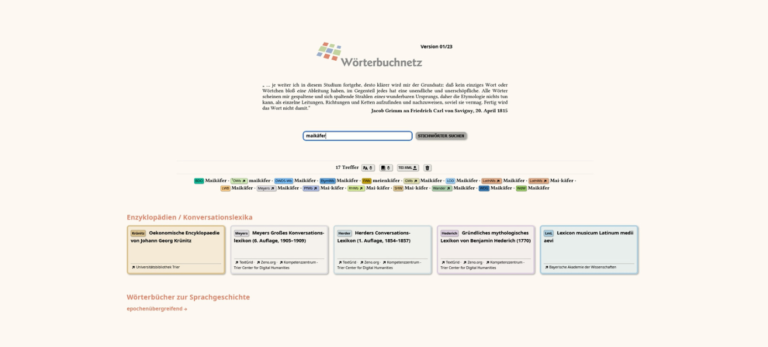
Das Trierer Wörterbuchnetz bietet Zugriff auf mehr als 40 Wörterbücher und Nachschlagewerke, die entweder einzeln aufgerufen oder mittels einer übergreifenden
Short description of the project
GAMS is an OAIS-compliant repository for the management, publication and long-term archiving of digital resources from all humanities disciplines. The focus is on digital editions and TEI/XML. GAMS was first certified as a trusted digital repository according to the guidelines of the Data Seal of Approval in 2014. We have held the CoreTrustSeal since 2019. In 2020, GAMS was officially recognized as a CLARIN B Centre. GAMS is also registered with the Registry of Research Data Repositories and OpenDOAR.
Project content
GAMS (Geisteswissenschaftliches Asset Management System) is an OAIS compliant system for the management, publication and long-term archiving of digital resources from the Humanities. It enables scholars, researchers and students to manage and publish resources from projects with permanent identification and enriched with metadata.
Design and development of GAMS are carried out by the Centre for Information Modelling in cooperation with multiple partners inside and outside the university, with regards to the specific requirements of humanistic research.
The repository is fully OAIS (Open Archival Information System)-compliant and covers the full life cycle of digital objects from receiving the SIP (submission information package), archiving the AIP (archival information package) and delivering the DIP (dissemination information package) to the public.
With regard to the archived data we work towards the FAIR data principles: "data should be Findable, Accessible, Interoperable, and Re-usable".
GAMS was first certified as a trusted digital repository in alignment with the principles of the Data Seal of Approval in 2014 and re-certified in 2019 with the CoreTrustSeal. In 2020, GAMS was officially recognized as a CLARIN B Centre. GAMS is also registered with the Registry of Research Data Repositories and OpenDOAR.
More information on e.g. strategies for data collection, access as well as preservation and persistence of data can be found here https://gams.uni-graz.at/context:gams?mode=about&locale=de.
A comprehensive list of published projects can be found here: https://gams.uni-graz.at/context:gams.projekte?locale=de.
zim@uni-graz.at
Find out more at
gams.uni-graz.at
Add your DH research project to the project showcase by submitting a short project description via the web form. Enter project data, a brief description, a graphic or visualization as well as a detailed description of the project content with technical assignment, addressees, added value, project managers, funding information and duration.

Das Trierer Wörterbuchnetz bietet Zugriff auf mehr als 40 Wörterbücher und Nachschlagewerke, die entweder einzeln aufgerufen oder mittels einer übergreifenden
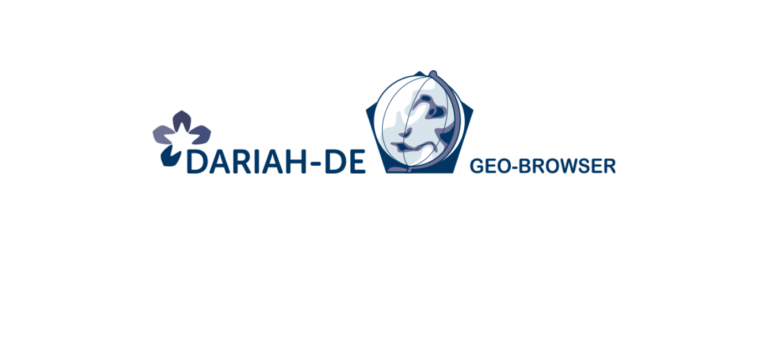
Der DARIAH-DE Geo-Browser ermöglicht eine vergleichende Visualisierung mehrerer Anfragen und unterstützt die Darstellung von Daten und deren Visualisierung in einer
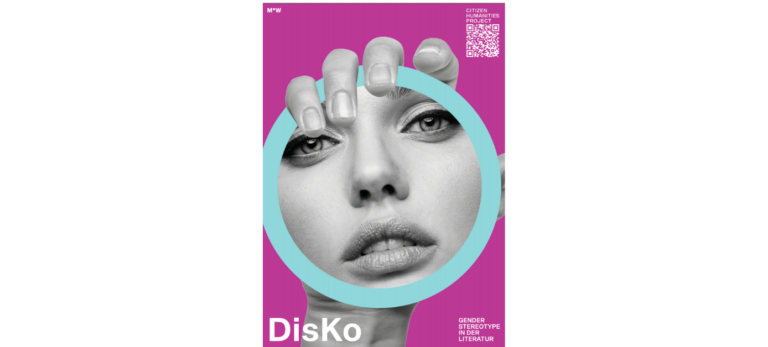
DisKo steht für Diversitäts-Korpus und ist ein literaturwissenschaftliches Projekt mit Digital-Humanities-Komponente. Mit Methoden des maschinellen Lernens wollen wir einen Algorithmus
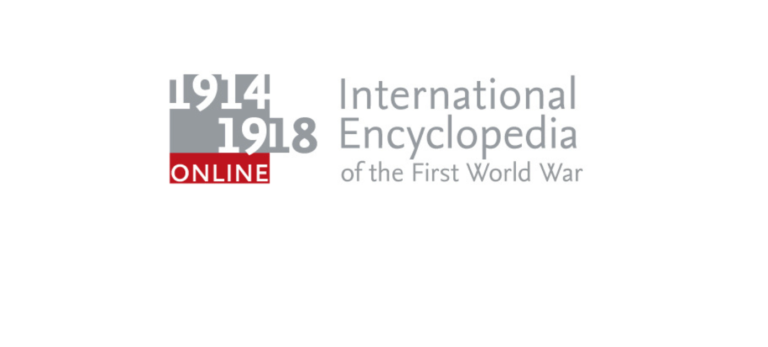
Das Zusammenwirken von über 1,200 Projektbeteiligten aus über 50 Ländern ermöglicht eine umfassende Darstellung der „Urkatastrophe des 20. Jahrhunderts“ in
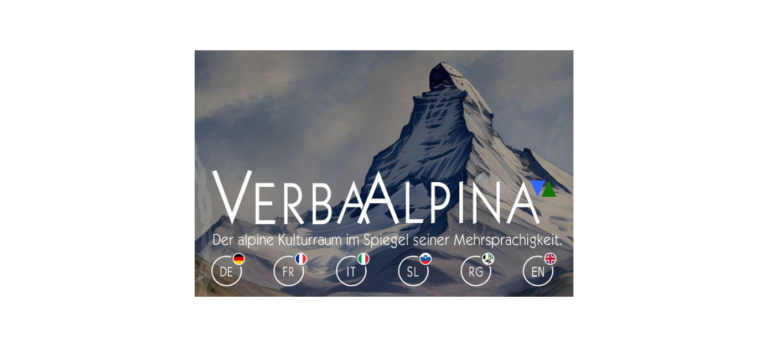
VerbaAlpina widmete sich der Dokumentation der dialektalen lexikalischen Variation im Alpenraum innerhalb regionstypischer Konzeptdomänen.
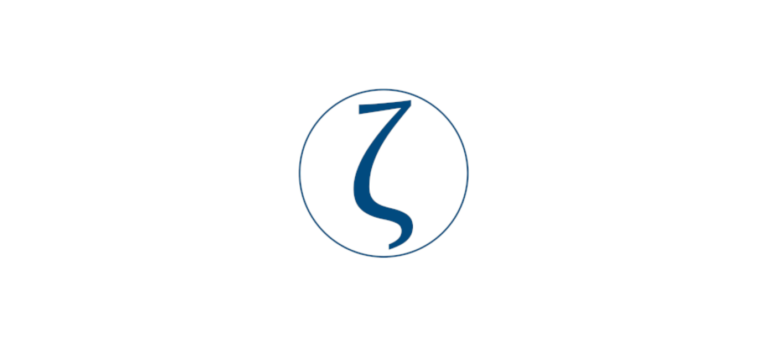
Der Vergleich als methodisches und epistemologisches Paradigma ist in den Geisteswissenschaften tief verankert. Ob in der qualitativen oder quantitativen Forschung
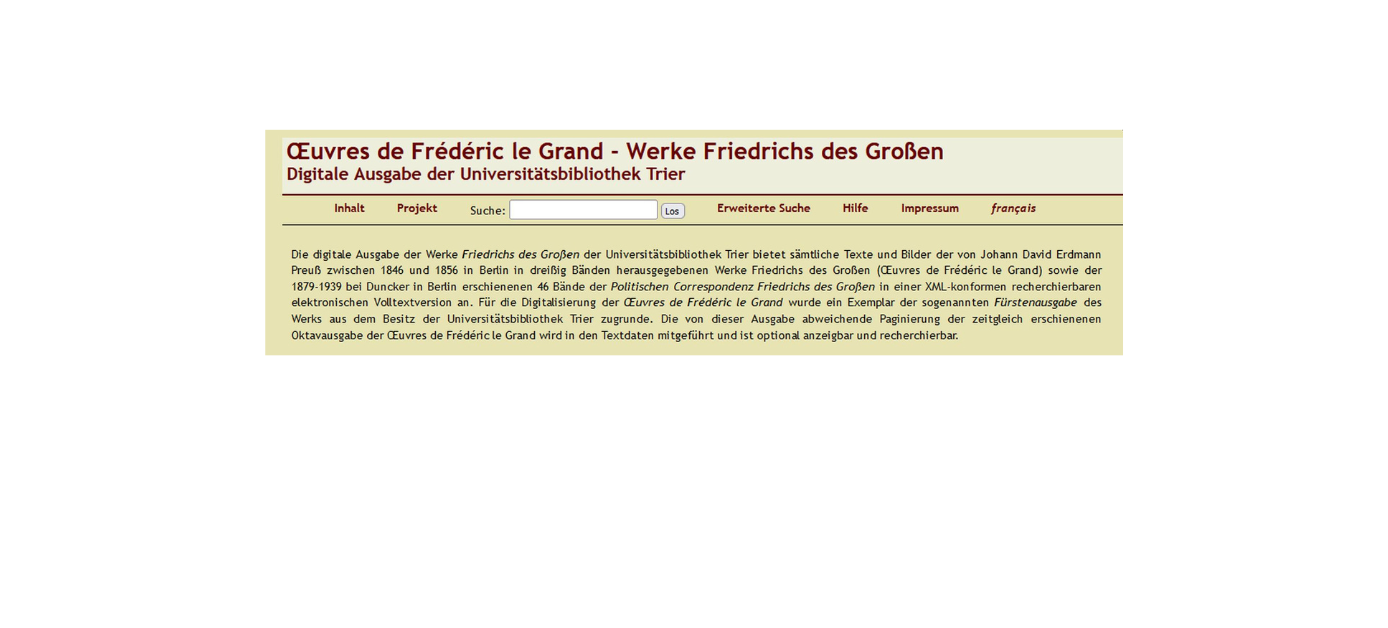
Die digitale Ausgabe der Werke Friedrichs des Großen der Universitätsbibliothek Trier bietet eine XML-konforme und recherchierbare elektronische Volltextversion der von Johann David Erdmann Preuß zwischen 1846 und 1856 herausgegeben Werkausgabe sowie der von Reinhold Koser begründeten Ausgabe der Politischen Correspondenz Friedrichs des Großen der Jahre 1740-1782.
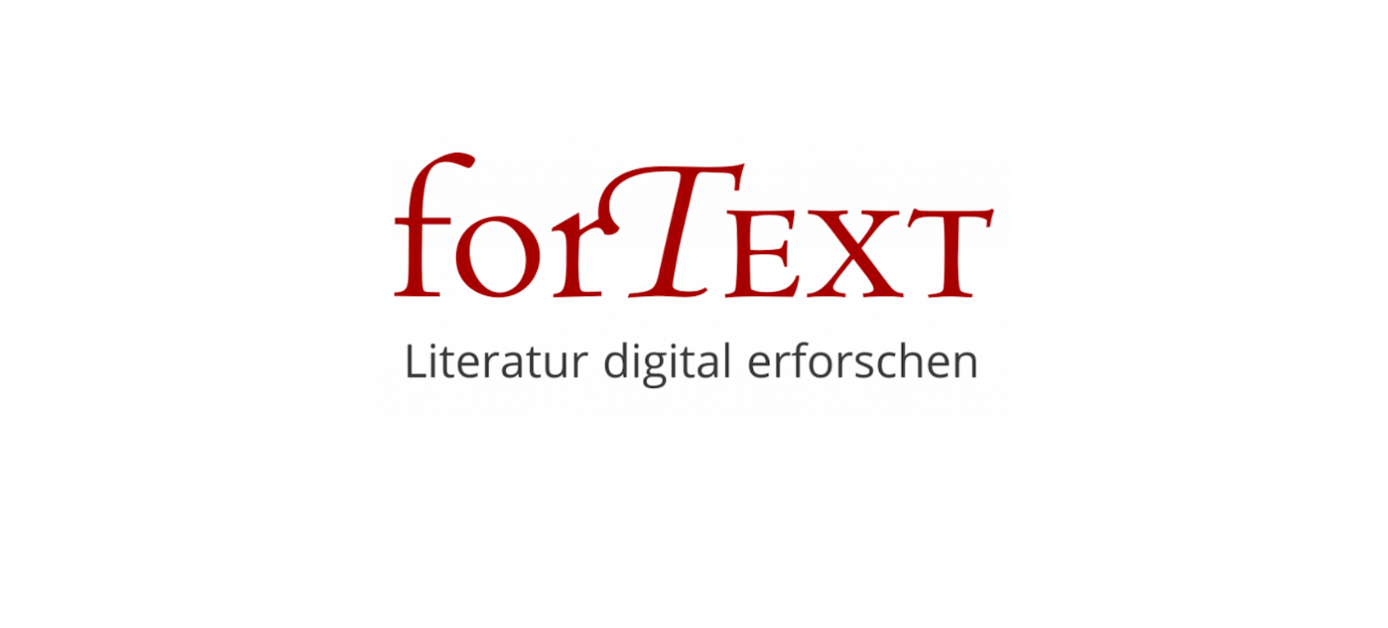
Das forTEXT Portal bietet einsteigerfreundlich aufbereitete, zitierfähige Methodenbeschreibungen und Reviews von Textsammlungen und Tools – von Digitalisierung über Annotation zu Interpretation und Visualisierung von Literatur.
Wir verwenden Cookies und ähnliche Funktionen zur Verarbeitung von Daten. Die Zustimmung ist freiwillig und kann jederzeit widerrufen werden.